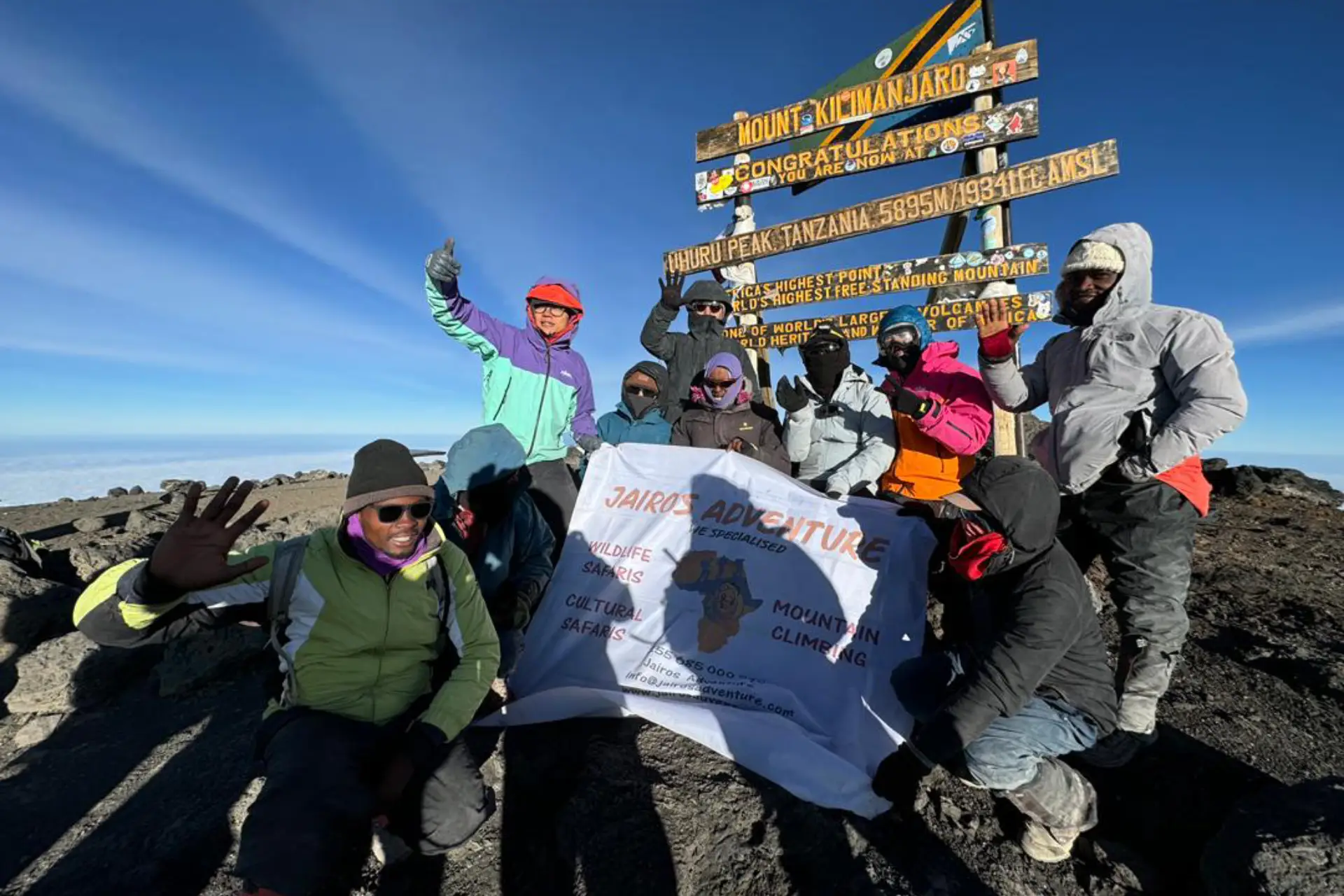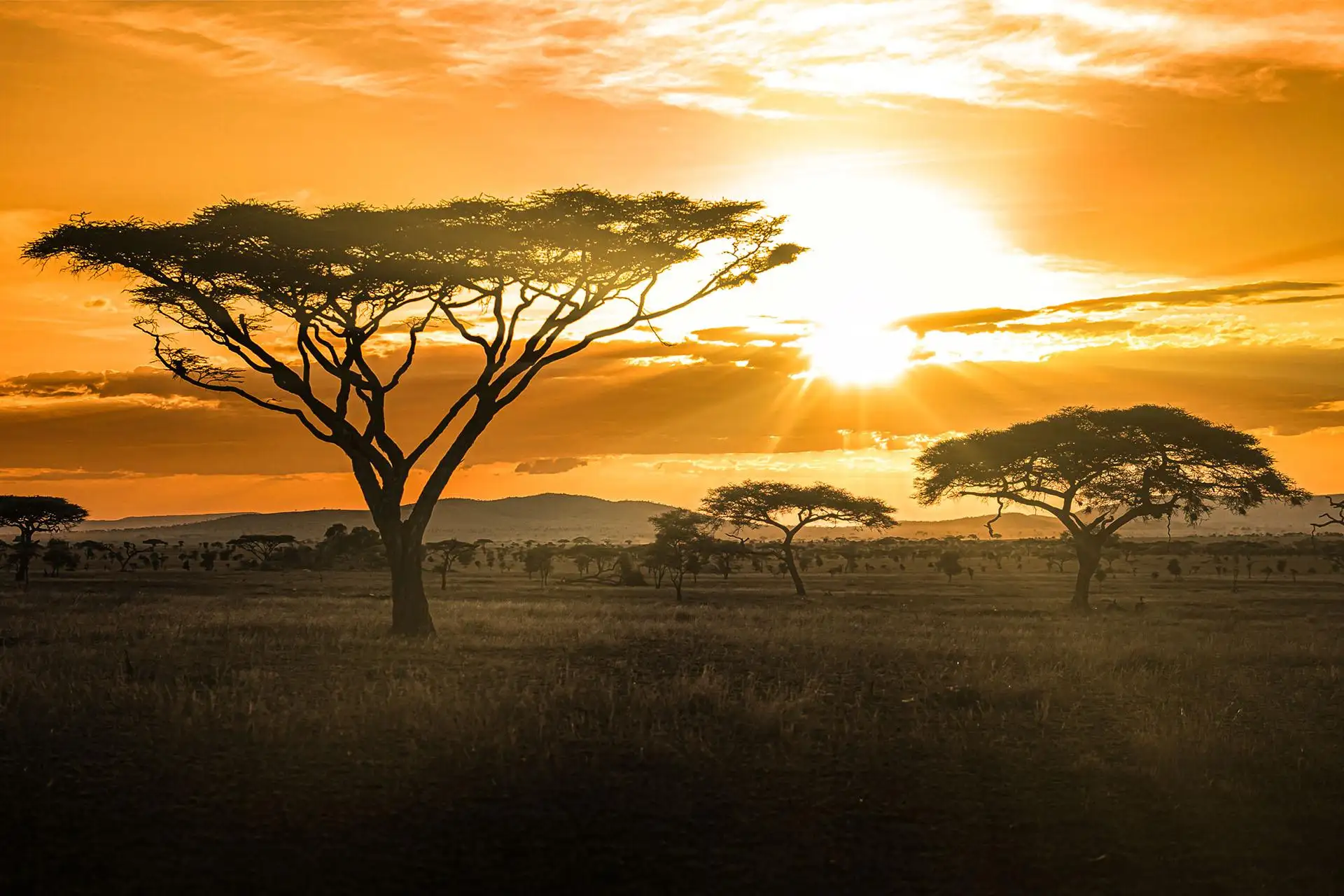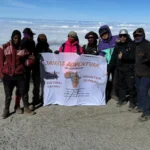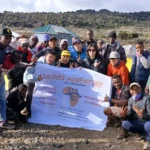Exploring the Cultural Attractions of Tanzania
Exploring the Cultural Attractions of Tanzania
Tanzania, a land of breathtaking landscapes and vibrant cultures, is a treasure trove for travelers seeking an authentic cultural experience. Beyond its famed safaris and pristine beaches, the country offers a rich tapestry of traditions, historical landmarks, and diverse communities. From ancient settlements to modern cultural practices, Tanzania’s cultural attractions provide a window into the soul of East Africa.
The Maasai Culture
One of Tanzania’s most iconic cultural groups is the Maasai, a semi-nomadic people known for their distinctive dress, intricate beadwork, and unique traditions. Visiting a Maasai village is an unforgettable experience. Guests are often greeted with traditional dances and songs, allowing them to witness the vibrant energy and hospitality of the Maasai people. Visitors can learn about their age-old customs, including their deep connection to cattle, which are central to their way of life.
Stone Town, Zanzibar
A UNESCO World Heritage Site, Stone Town is the historic heart of Zanzibar and a living museum of Swahili culture. The narrow alleys, bustling bazaars, and ornate doorways reflect centuries of Arab, Persian, Indian, and European influences. Notable landmarks include the House of Wonders, the Old Fort, and the Anglican Cathedral, built on the site of a former slave market. A guided tour of Stone Town reveals its rich history and the role Zanzibar played in global trade and the abolition of slavery.
The Hadzabe Tribe
Deep in the Lake Eyasi region, the Hadzabe people, one of the last remaining hunter-gatherer tribes in Africa, offer a glimpse into a way of life unchanged for centuries. Visitors can join the Hadzabe on hunting expeditions, learn about their traditional knowledge of medicinal plants, and experience their language, which incorporates distinctive click sounds. This interaction provides a rare opportunity to connect with a community that lives harmoniously with nature.
Bagamoyo’s Historical Significance
Bagamoyo, once a major port and trading hub, is a town steeped in history. It was a critical point in the East African slave trade and later became a center for missionary work. The Catholic Museum and the Old Boma are key sites that narrate the town’s historical importance. Additionally, Bagamoyo hosts an annual arts festival, showcasing contemporary Tanzanian music, dance, and theater.
Traditional Tanzanian Music and Dance
Music and dance are integral to Tanzanian culture. The rhythms of traditional drums, the melodies of the marimba, and the expressive movements of local dances tell stories of joy, struggle, and community. Events like the Sauti za Busara festival in Zanzibar celebrate East African music, bringing together performers from across the region. Visitors can also experience traditional dances like the ngoma, which vary between ethnic groups and regions.
Local Markets and Handicrafts
Tanzania’s markets are vibrant hubs of culture and commerce. In cities like Arusha, Dar es Salaam, and Dodoma, markets offer everything from colorful kanga and kitenge fabrics to handcrafted jewelry and wood carvings. The Makonde carvings, in particular, are renowned for their intricate designs and storytelling. Visiting these markets provides a chance to engage with local artisans and take home a piece of Tanzanian culture.
Cultural Festivals
Tanzania’s calendar is filled with cultural festivals that celebrate its diversity. The Mwaka Kogwa festival in Zanzibar, for instance, marks the Persian New Year with traditional rituals, music, and feasts. On the mainland, the Serengeti Cultural Festival showcases the customs of the Sukuma people and other local communities, offering visitors an immersive cultural experience.
Tanzania’s cultural attractions are as diverse and captivating as its landscapes. Whether you’re exploring ancient towns, engaging with local tribes, or immersing yourself in music and dance, the country offers countless opportunities to connect with its rich heritage. By delving into Tanzania’s culture, travelers not only gain a deeper appreciation of its people and history but also contribute to the preservation of its vibrant traditions.






















